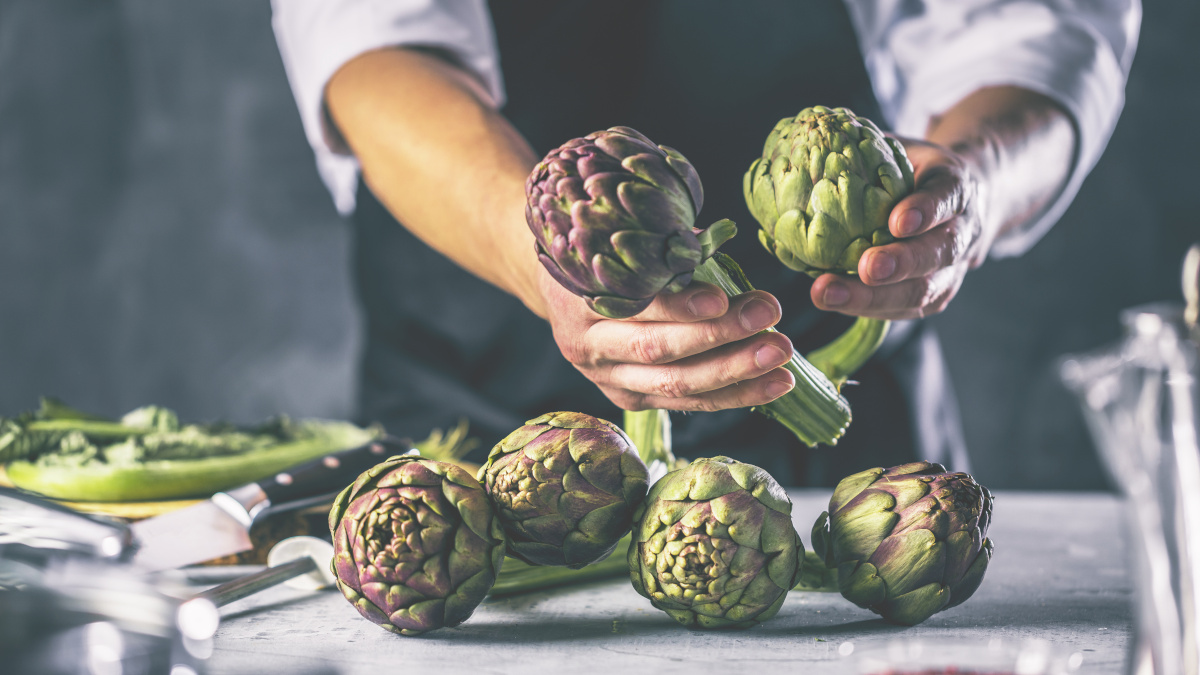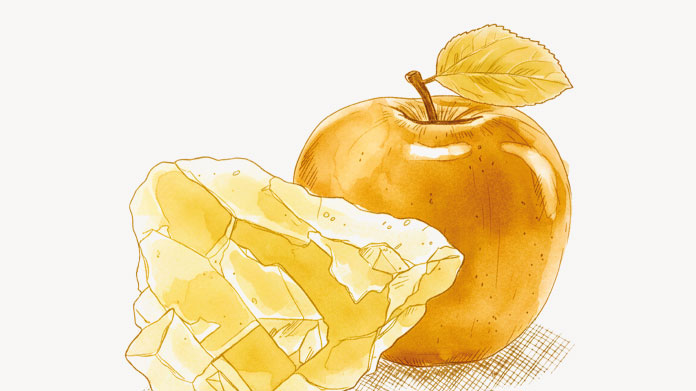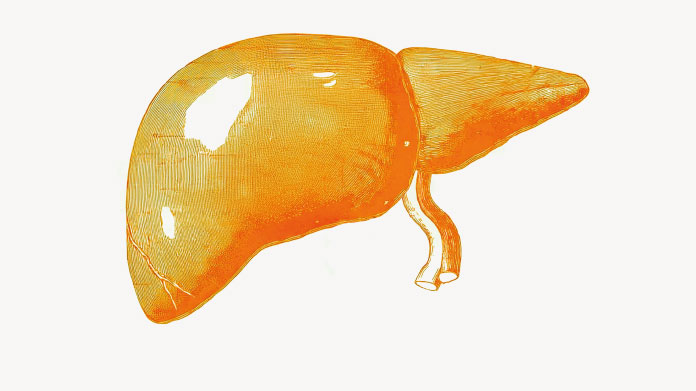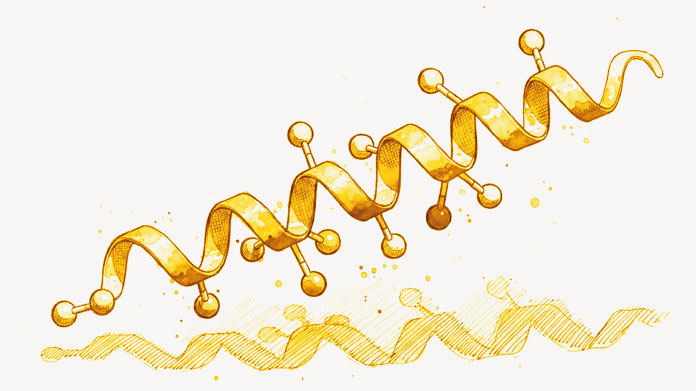Artichokes: their health benefits, how to cook them and how to get the most out of them
This vegetable from the thistle family appeals to both young and old alike with its delicate, sweet flavour … but how can you get the most out of its properties?

The artichoke: its ‘leaves’ and ‘heart’
The artichoke, or Cynara scolymus to give it its scientific name, is a variety of the thistle species, closely related to milk-thistle.
When you eat an artichoke, you’re actually eating:
- the base of its bracts (scale-like outer leaves);
- and the receptacle of its immature flower head, a gourmet delicacy known as the ‘artichoke heart ’.
If artichokes are allowed to carry on growing, the bracts end up spreading out and they come into flower (the ‘choke’ which grows on top of the heart gets bigger and turns purple), at which point they are no longer edible.
How should you cook an artichoke in order to preserve all its health benefits?
Artichokes are normally consumed cooked, particularly the famous ‘Camus’ variety from Brittany, though some can also be eaten raw, like the ‘violet de Provence’.
The best way to prepare artichokes to preserve their benefits is to steam them or cook them in a pressure cooker.
For this, it’s usually best to remove the excess stem of the artichoke by hand in order to get rid of most of the tough fibres that are buried in the heart. You then have various options:
- you can cook the artichoke whole : guests can then enjoy their own artichoke, savouring the base of the leaves before eating the much-prized heart;
- or you can trim the artichoke before cooking. For this, you need to use a very sharp knife to cut away everything but the heart. To prevent the delicate artichoke from becoming oxidised during preparation, make sure you rub it with lemon juice as you go.
Both these methods preserve artichokes’ nutritional qualities. They can either then be served with a vinaigrette, or for the ‘gourmands’ among you, a béchamel or mustard sauce.
Other recipes (such as violets de Provence braised in white wine, or sautéd with white wine and olives) where the artichokes are cooked in a frying pan on a high heat, may result in some of their precious nutrients being lost.
Artichokes: an excellent slimming aid
Very low in calories but high in fibre and packed with antioxidants(1), the artichoke provides many nutritional benefits, making this key vegetable of the Mediterranean diet a major aid to slimming. 100 grams of cooked artichoke has the following nutritional value:
- 33.2 kcal;
- less than 1g of fat and carbohydrates;
- 427mg of potassium ;
- 0.29mg of zinc;
- 89mcg of B9 vitamins;
- and 9mcg of vitamin C (2).
A number of studies have shown that artichokes help to promote weight loss and reduce blood lipid levels (3-5).
A detox-supporting plant
However, it is primarily for its benefits as a detox aid that the artichoke is consumed by devotees of healthy eating. Indeed, artichokes help to:
- support detoxification ;
- ensure a good flow of digestive juices;
- maintain a healthy liver;
- and support digestive comfort(6).
This is because of their high content of cynarin, also known as dicaffeoylquinic acid , a specific polyphenol considered by scientists to be their active ingredient (7).
To significantly increase your cynarin intake, you could take a cynarin-rich artichoke extract , such as that included in the supplement Liver Support Formula (category Liver and detoxification).
And if you’re keen to boost your intake of beneficial fibre, you could combine the above with Psyllium Seed Husk, a blond psyllium supplement.
It’s worth noting too that artichokes also contain the excellent flavonoid luteolin, a substantial amount of which is offered by the supplement Luteolin.
References
- Vincenzo Lattanzio, Paul A. Kroon, Vito Linsalata, Angela Cardinali, "Globe artichoke: A functional food and source of nutraceutical ingredients", Journal of Functional Foods, Volume 1, Issue 2, 2009, Pages 131-144, ISSN 1756-4646, https://doi.org/10.1016/j.jff.2009.01.002.
- Interfel, https://www.lesfruitsetlegumesfrais.com/fruits-legumes/legumes-feuilles/artichaut/nutritions-et-bienfaits
- Wójcicki, Effect of 1,5-dicaffeylquinic acid (Cynarine) on cholesterol levels in serum and liver of acute ethanol-treated rats, Drug and Alcohol Dependence, Volume 3, Issue 2, 1978, Pages 143-145, ISSN 0376-8716, https://doi.org/10.1016/0376-8716(78)90028-5.
- Kwon EY, Kim SY, Choi MS. Luteolin-Enriched Artichoke Leaf Extract Alleviates the Metabolic Syndrome in Mice with High-Fat Diet-Induced Obesity. Nutrients. 2018;10(8):979. Published 2018 Jul 27. doi:10.3390/nu10080979
- Sahebkar A, Pirro M, Banach M, Mikhailidis DP, Atkin SL, Cicero AFG. Lipid-lowering activity of artichoke extracts: A systematic review and meta-analysis. Crit Rev Food Sci Nutr. 2018;58(15):2549-2556. doi: 10.1080/10408398.2017.1332572. Epub 2017 Aug 24. PMID: 28609140.
- KRAFT, Artichoke leaf extract - Recent findings reflecting effects on lipid metabolism, liver and gastrointestinal tracts, Phytomedicine Vol. 4 (4), pp. 369-378, 1997
- L Panizzi, ML Scarpati, Constitution of cynarine, the active principle of the artichoke, Nature, 1954 - Springer
Keywords
1 Days
Trustworthy company with tested products
Trustworthy company with tested products
Trusted
5 Days
Efficiency and speed
Efficiency and speed
Cuccie
7 Days
GOOD BRAND IN FOOD COMPLEMENTS
GOOD BRAND IN FOOD COMPLEMENTS - SERIOUS WITH GOOD DOCUMENTS AND DETAILS SCIENTIST. AND SERIOUS HONNEST COMMERZIALISATION. I HAVE TRUST IN THEIR PRODUCTS.
FENOGLIO Guy
9 Days
Very good experience
Very good experience, the products arrived in time, in perfect condition and are good quality. Thank you.
GABI TIRCOCI
14 Days
very good expereince
very good expereince
Jelena Đaković
14 Days
Very good products.
Very good products.
Agnes BENDSAK
16 Days
Just OK
Just OK, ordering from company for many years and being safisfied
Lynn Mae
17 Days
Recomendo
Produtos encomendados são recebidos atempadamente e de acordo com o anunciado! Muito satisfeita!
Carla Sofia
18 Days
Everything is great!
Everything is great!
Jonas
23 Days
The delivery was fast and the product…
The delivery was fast and the product is great
SOMMARIVA Gianni
24 Days
Great service and lots of information
Great service and lots of information
Gabi
27 Days
Service Satisfaction
I’m satisfied with the service; it fulfilled what it set out to do.
Anfhony Abreu
30 Days
Original product and fast delivery
Original product and fast delivery. I haven't started it yet, but will do soon.
Vincenza Catania
32 Days
Good quality
Good quality. Good service.
Leonel Guzman
34 Days
Top!!!!!!!!
Top!!!!!!!!
Michael
of experience
your money back
##montant## purchase




